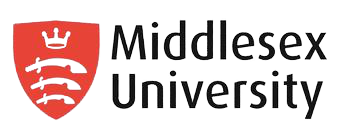Often known as the science of uncertainty, statistics is of vital importance in modern society where almost all sectors rely on the collection, analysis and interpretation of data. There is a great shortage of well qualified statisticians, data analysts and statistical consultants across the sector and this course has been specifically designed to meet that demand.
Why study MSc Applied Statistics at Middlesex University?
Applied statistics involves putting theory into practice - not only summarising and describing data, but extrapolating from it to draw conclusions about the population being studied. This is an applied, practically-orientated course that gives you advanced knowledge of statistical methods and the theory that underpins these methods. With a strong emphasis on relating theory to practice, you will develop your analytical, logical, numerical and problem-solving, skills that are in such high demand with employers. You'll also learn how to use standard statistical software like R, SPSS and Minitab.
You'll have the freedom to choose the type of independent research project you do which can take the form of a theoretical dissertation, a survey or a more practical project involving a data set. If you're working, you'll have the option of basing your project at your workplace – making your studies even more relevant and beneficial for both you and your employer.
Course highlights
- You will be able to work with real datasets, including being able to utilise our subscriptions to Bloomberg and Datastream.
- As a student of this course you'll receive a free electronic textbook for every module.
- The programme provides a practical guide to the overall statistical process including how to set up research aims and objectives, reviewing literature, how to collect data, how to analyse data using a variety of techniques, and writing up your results.
- Options in the topics such as Machine Learning Methods and Time Series and Forecasting.














